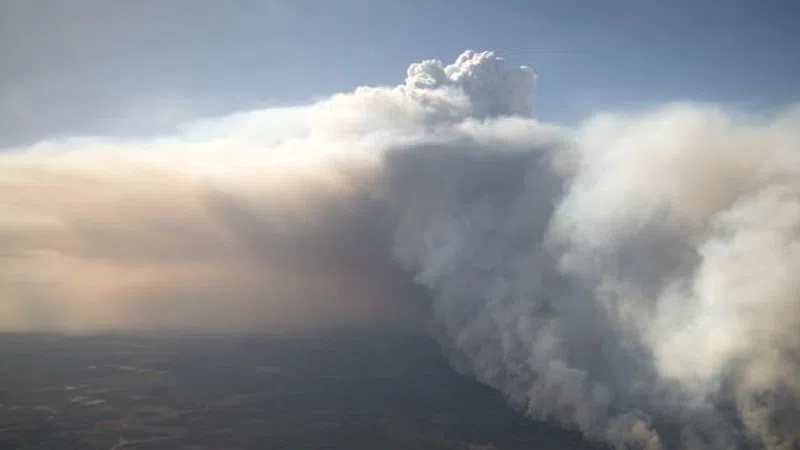
Weather Network forecasts starkly different summer conditions across Canada
The weather this summer could be starkly different across the country, according to the latest long range forecast from The Weather Network.
Chief meteorologist Chris Scott predicts the wet weather that Ontario and Quebec have experienced in May will continue during the summer months and could lead to a heightened risk of flash flooding in some areas.
In sharp contrast, he’s forecasting more hot, dry weather for most of western Canada, raising the wildfire threat, which has already prompted evacuations in northwestern Alberta.


